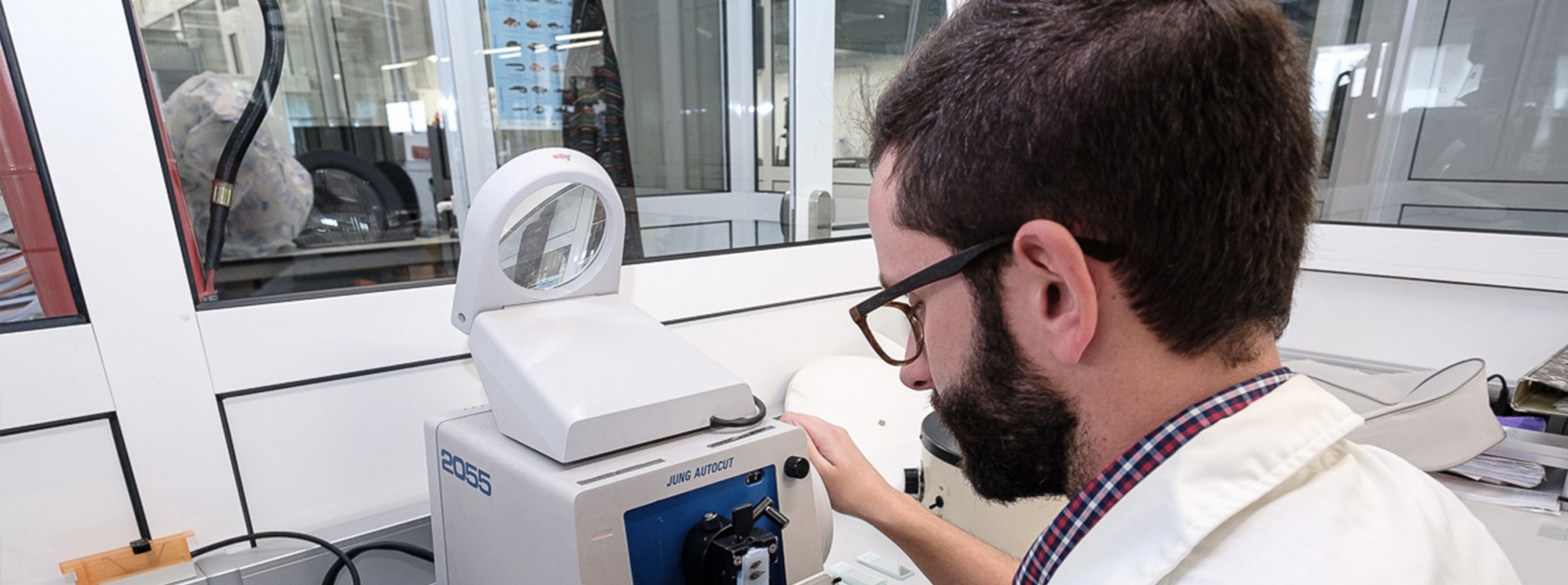The mineral nutrition of sea bream has received little attention from the industry despite being one of the most produced species in the European Union. This gap has been filled by the research carried out by David Domínguez Montesdeoca, PhD from the University of Las Palmas de Gran Canaria (ULPGC), whose work has been considered by the Spanish Aquaculture Society as the best research thesis read in 2019.
Domínguez studied a degree in Veterinary Medicine at the ULPGC, and later completed the International Master's Degree in Marine Cultures, developing his research profile from the University Institute of Sustainable Aquaculture and Marine Ecosystems (ECOAQUA), specialising in the area of aquaculture.
His thesis, entitled 'Antioxidant minerals in alternative diets for sea bream (Sparus aurata): biomarkers, sources and adequate levels', was codirected by ULPGC professor Marisol Izquierdo, director of ECOAQUA, and Lidia Robaina, founding member of the Aquaculture Research Group of the same institute.
The hypothesis of their research project, which has been supported in different scientific publications, is that the current reduction of ingredients derived from capture fisheries in commercial sea bream diets may affect the balance of minerals in the diet and their optimal levels, and that the type of mineral source supplemented may also influence the use of minerals in the diet.
Therefore, David Domínguez has determined that the supplementation of diets based on vegetable meals (that contain 15% of fishmeal) with Zinc oxide is necessary to promote growth in sea bream. He has also determined the requirements of various minerals for gilthead various mineral requirements fed diets with a high content of plant ingredients. From this analysis he also concluded that it was necessary to increase selenium supplementation to 0.94 mg Se/kg diet, while higher supplementation should be avoided due to its toxic effects.
On the other hand, Dominguez described toxic effects with copper supplementation levels above 11 mg/kg of diet, despite the fact that the European Food Safety Authority allows supplementation levels of up to 25 mg/kg in feed, as well as demonstrating that the presence of manganese in higher concentrations in vegetable ingredients than in animal sources suggests that these diets may contain sufficient manganese to meet the requirements for gilthead sea bream fry.
The work of this researcher from Gran Canaria has been recognized in recent years by different research organisations, both nationally and internationally, highlighting the importance of his discoveries for the advancement of aquaculture. Evidence of this is his participation in different European projects, the 17 research articles he has signed with over a hundred references to his work in various documents, as well as his participation as a speaker at some thirty conferences.
His research Focuses on fish nutrition, mainly on minerals, vitamins, nutritional needs, oxidative stress, and also on skeletal and general fish health. His expertise includes experimental design, evaluation of results and a wide range of laboratory techniques.


